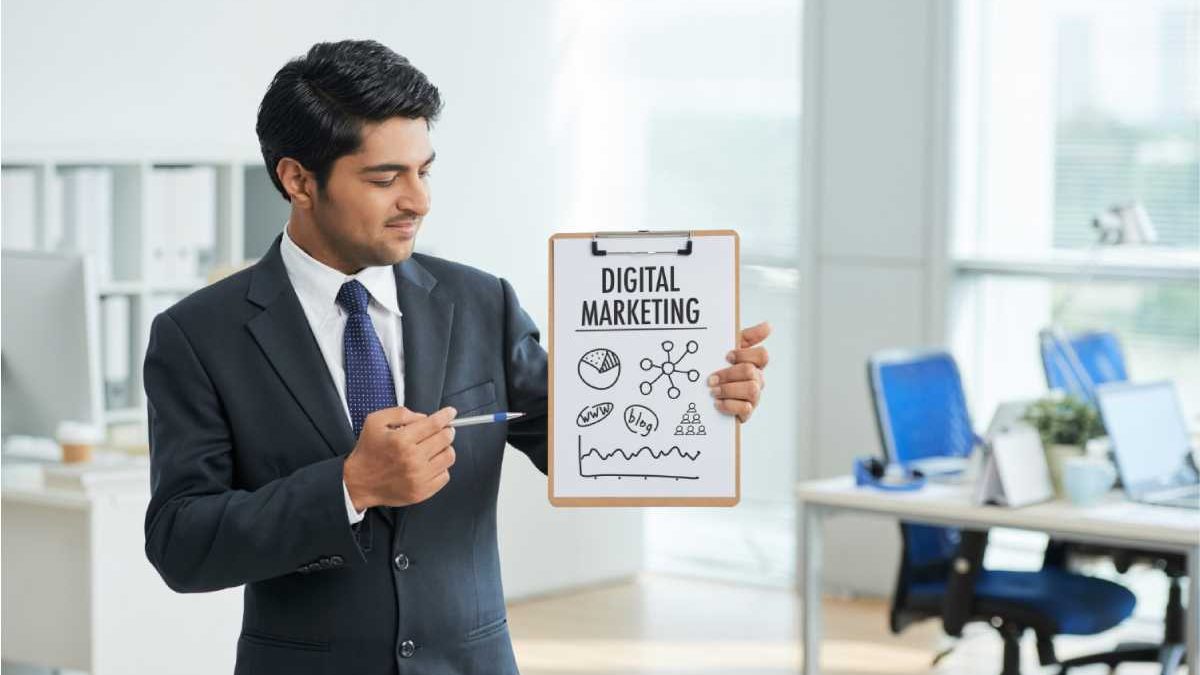How Digital Marketing Affects Business Success in the Modern Era
Digital marketing has transformed how companies grow and stay ahead. Today, most people turn to the internet before making a purchase. In fact, 78% of consumers research online first (Source: Retail Dive). This shift makes digital marketing a powerful tool for success. In this article, we will explore how it helps brands boost visibility, engage customers, and stay competitive. We will also look at common challenges and where digital marketing is headed in the future.
Table of Contents
The Role of Digital Marketing in Building Brand Visibility and Awareness
Expanding Reach with Targeted Campaigns
Digital marketing makes it easier to reach specific groups of people. Instead of broadcasting to everyone, companies can send tailored ads to the right audience. For example, Nike uses social media ads to target athletes and fitness enthusiasts. Amazon personalizes product recommendations based on your browsing habits. This precision means businesses spend less money and get better results.
Increasing Brand Recognition Online
Building a strong online presence helps customers remember your brand. SEO (search engine optimization), social media, and content marketing all work together to boost recognition. When a business invests in branding, it improves its chances of outperforming competitors by 3.5 times (Source: Forbes). Consistent messaging across different platforms creates familiarity and trust.
Leveraging Data Analytics for Better Outreach
Digital tools track what consumers do online. Marketers see which pages customers visit, what they buy, and how long they stay. Companies like Netflix use this data to suggest shows users will love. Adjusting strategies based on real-time analytics helps brands connect better and improve campaigns quickly.
Digital Marketing Strategies that Boost Business Growth
Search Engine Optimization (SEO)
Ranking high in Google results is a key goal. The higher a site ranks, the more traffic it gets. To improve SEO, focus on relevant keywords, optimize webpage content, and build backlinks from reputable sites. These steps help your business appear when someone searches for your product or service.
Content Marketing
Creating helpful content draws people in. Blog posts, videos, and infographics are all effective tools. For example, HubSpot uses content marketing to pull in and engage prospects. Sharing meaningful content keeps your brand top of mind and builds trust with your audience.
Social Media Marketing
Platforms like Instagram, LinkedIn, and TikTok help connect brands with customers. Consistent posting, engaging stories, and collaborations with influencers turn followers into loyal customers. Using social media in smart ways keeps your brand fresh and visible.
Pay-Per-Click Advertising (PPC)
Paid ads give quick results by directing traffic to your website. Properly optimized ads mean more conversions with less wasted money. Testing different ad copies, targeting options, and bidding strategies can maximize return on investment.
Impact of Digital Marketing on Customer Engagement and Loyalty
Enhancing Customer Interaction
Tools like chatbots or email campaigns put you in touch with customers instantly. Personalized messages make people feel valued. Quick responses to questions boost confidence and improve their experience with your brand.
Building Customer Trust and Credibility
Reviews, testimonials, and influencer partnerships add credibility. Glossier grew a loyal community by encouraging customers to share their experiences. These social proofs influence new buyers and foster trust over time.
Increasing Customer Retention
Keeping customers coming back is easier with email marketing and loyalty programs. Regular updates and rewards reward ongoing relationships. Repeat customers are often your best advocates and biggest source of steady income.
Challenges and Risks of Digital Marketing
Competition and Market Saturation
Many brands compete online. Standing out requires creative campaigns and consistent effort. Without differentiation, your message may get lost among many others.
Data Privacy and Security Concerns
New laws like GDPR and CCPA protect consumer data. Companies must follow these rules or face fines. Respecting privacy also builds trust, which is vital for long-term success.
Rapid Technological Changes
Platforms and tools change fast. Staying ahead means constant learning and adaptation. Investing in training and new technology keeps your strategies fresh and effective.
Future Trends and Innovations in Digital Marketing
Artificial Intelligence and Automation
AI makes marketing smarter. Chatbots answer questions instantly. Personalized recommendations help customers find products faster. Predictive analytics forecast trends and behaviors, guiding better decisions.
Voice Search and Smart Devices
More people use voice assistants like Alexa or Siri. Businesses need to optimize their content for voice queries. This will change how websites and ads are designed.
Augmented Reality (AR) and Virtual Reality (VR)
AR and VR create immersive experiences. Think virtual try-ons for clothing or interactive product demos. These tools make brands more memorable and engaging.
Emphasis on Ethical Marketing and Data Transparency
Consumers want to trust brands with their data. Clear privacy policies and honest messaging become more important. Ethical marketing builds loyalty and protects your reputation.
Conclusion
Digital marketing plays a key role in boosting business success today. It increases visibility, helps connect with customers, and drives growth. Companies that adapt quickly and stay current with trends will outperform rivals. To succeed, focus on optimizing SEO, creating valuable content, using social media effectively, and respecting data privacy. Embracing new technologies can give your brand a serious edge. Digital marketing isn’t just a tool — it’s the secret weapon for business growth in the digital age.
How Digital Marketing Affects Business Success in the Modern Era

